President Trump Orders Immediate Expansion of American Timber Production
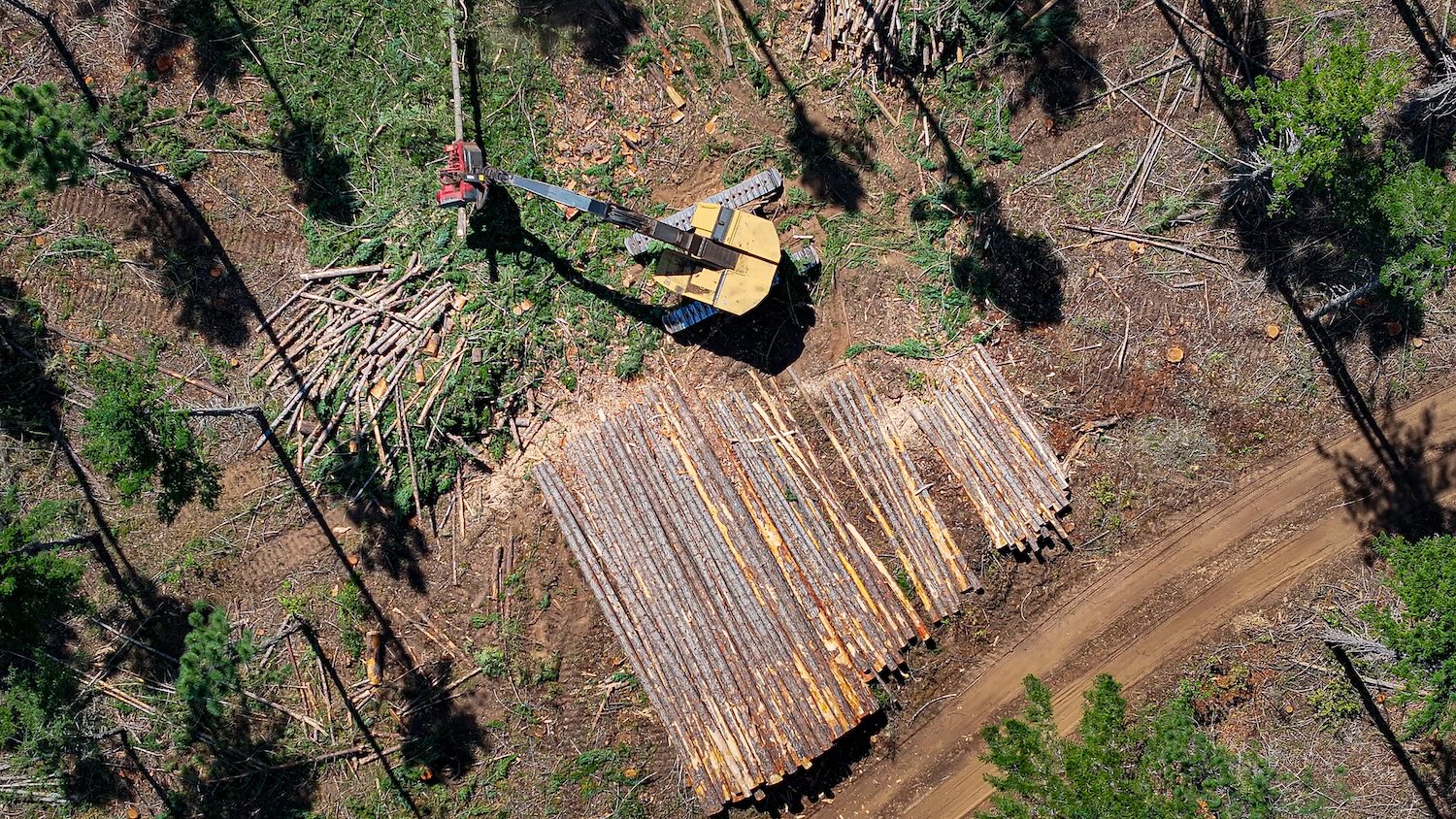
President Trump Orders Immediate Expansion of American Timber Production
March 1, 2025 – President Trump signed an executive order which aims to boost domestic timber production. The order directs the Secretary of the Interior and the Secretary of Agriculture to:
- Within 30 days, issue new or updated guidance regarding tools to increase timber production, reduce time to deliver timber, and decrease timber supply uncertainty;
- Within 60 days, complete a strategy on USFS and BLM forest management projects to increase speed of approving forestry projects under section 7 of the Endangered Species Act (ESA);
- Within 90 days, set a target for the annual amount of timber per year to be offered for sale over the next 4 years;
- Within 120 days, complete the Whitebark Pine Rangewide Programmatic Consultation under section 7 of the ESA;
- Within 180 days, consider adopting categorical exclusions administratively established by other agencies to comply with the National Environmental Policy Act for timber production, forest management, and wildfire risk reduction treatments; and
- Within 280 days, consider establishing a new categorical exclusion for timber thinning and re-establish a categorical exclusion for timber salvage activities.
The order also directs all relevant agencies to eliminate all undue delays within their respective permitting processes related to timber production and use ESA regulations on consultations in emergencies to facilitate timber production. Lastly, the order directs the federal members of the Endangered Species Committee to submit a report that identifies obstacles to domestic timber production related to the ESA.
Additionally, on March 12, 2025, the U.S. EPA announced 31 actions aimed toward environmental deregulation, including reconsideration of exceptional events rulemaking to work with states to prioritize the allowance of prescribed fires within State and Tribal Implementation Plans.
Senator Padilla Introduces Three Bipartisan Bills to Bolster Fire Resilience and Proactive Mitigation Efforts
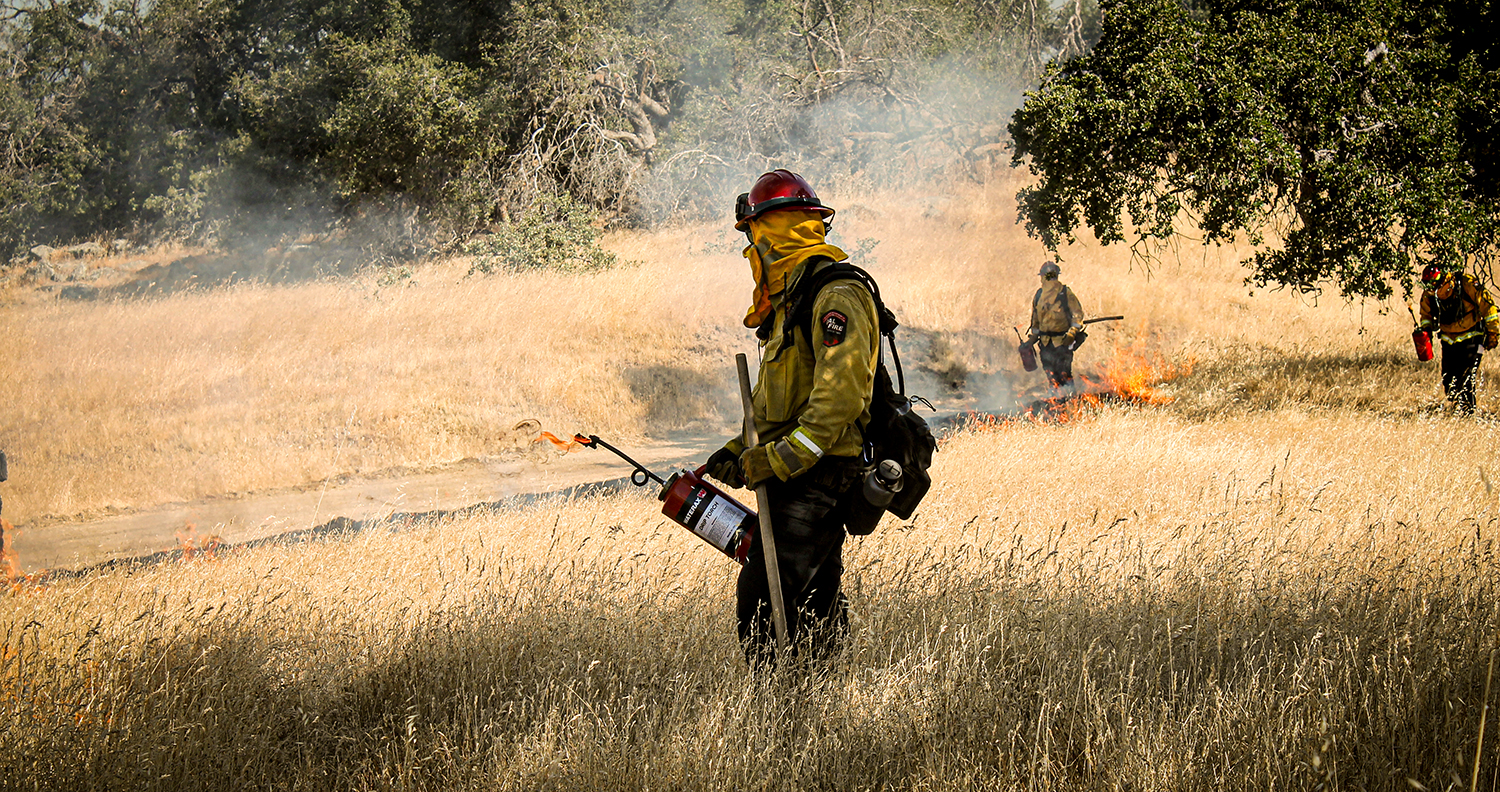
Senator Padilla Introduces Three Bipartisan Bills to Bolster Fire Resilience and Proactive Mitigation Efforts
On February 3, U.S. Senator Alex Padilla (D-Calif.) introduced a package of three bipartisan bills to bolster fire resilience and proactive mitigation efforts. The package includes:
• Wildfire Emergency Act— Would reduce the threat of destructive wildfires through forest restoration, firefighter training, energy resilience retrofits, and wildfire-hardening home modifications in low-income communities. Specifically, the legislation would:
-
-
- provide the U.S. Forest Service (USFS) with a pilot authority to leverage private financing to increase the pace and scale of forest restoration projects;
- authorize funding for programs to expand the forest conservation and wildland firefighting workforce;
- establish an energy resilience program at the U.S. Department of Energy (DOE) to ensure that critical facilities remain active during wildfire disruptions, authorizing up to $100 million for necessary retrofits;
- expand an existing DOE weatherization grant program to provide up to $13,000 to low-income households to make wildfire-hardening retrofits;
- expedite the placement of wildfire detection equipment on the ground, such as sensors or cameras, as well as the use of space-based observation;
- establish a prescribed fire-training center in the West and authorize grants to support training the next generation of foresters and firefighters; and
- authorize up to $50 million to support community grants of up to $50,000 for locally focused land stewardship and conservation.
-
• Fire-Safe Electrical Corridors Act— Would allow the USFS to approve the removal of hazardous trees near power lines on federal lands without requiring a timber sale, thereby easing the removal of hazardous trees, and reducing the risk of catastrophic wildfire. This would allow the USFS to provide standing permission for electrical utilities to cut and remove hazardous trees near power lines within existing rights-of-way without requiring a timber sale. Utilities would be required to return any proceeds to the USFS.
• Disaster Mitigation and Tax Parity Act— Would further incentivize homeowners to proactively protect their homes from disasters by providing a tax exemption on payments from state-based programs. Specifically, the bill excludes qualified catastrophe mitigation payments made under a state-based catastrophe loss mitigation program from gross income calculations.
USDA California Climate Hub Provides Forestry Resource Repository for Land Managers
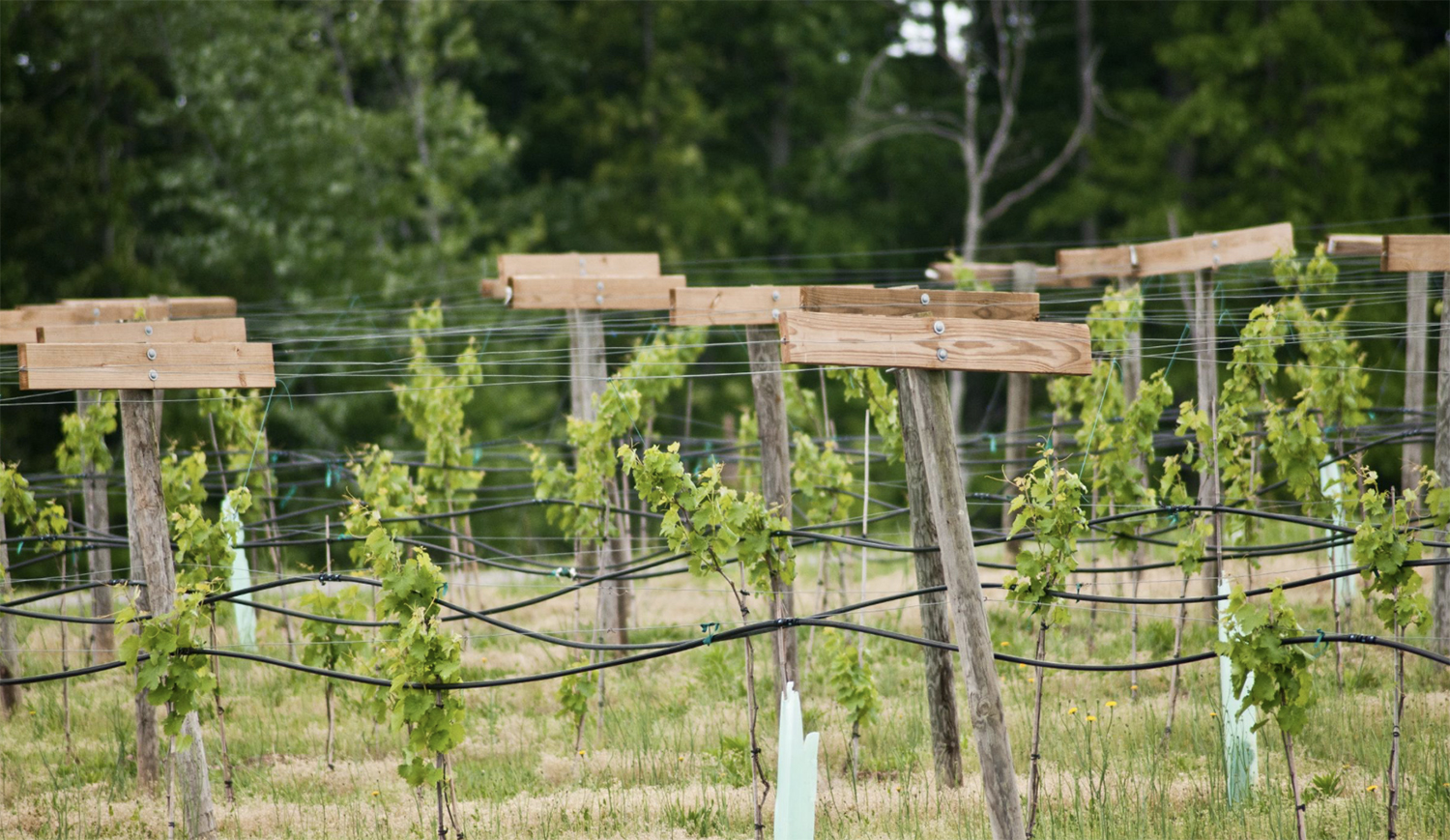
New Website Provides Forestry Resource Repository for Land Managers
January 8, 2025 – The USDA California Climate Hub released a new webpage that compiles datasets and decision-support tools to help land managers and natural resource professionals with assessing the conditions of a landscape for project planning. The list is not exhaustive of all resources but focuses on data and tools available to the public, with an emphasis on resources available within the state of California. The repository also contains a series of factsheets, produced by the USDA California Climate Hub, that offer a succinct overview of the California Wildfire and Forest Resilience Task Force’s Regional Resource Kits and its constituent products.
Federal Funds Reduce Wildfire Risk and Support Local Economies
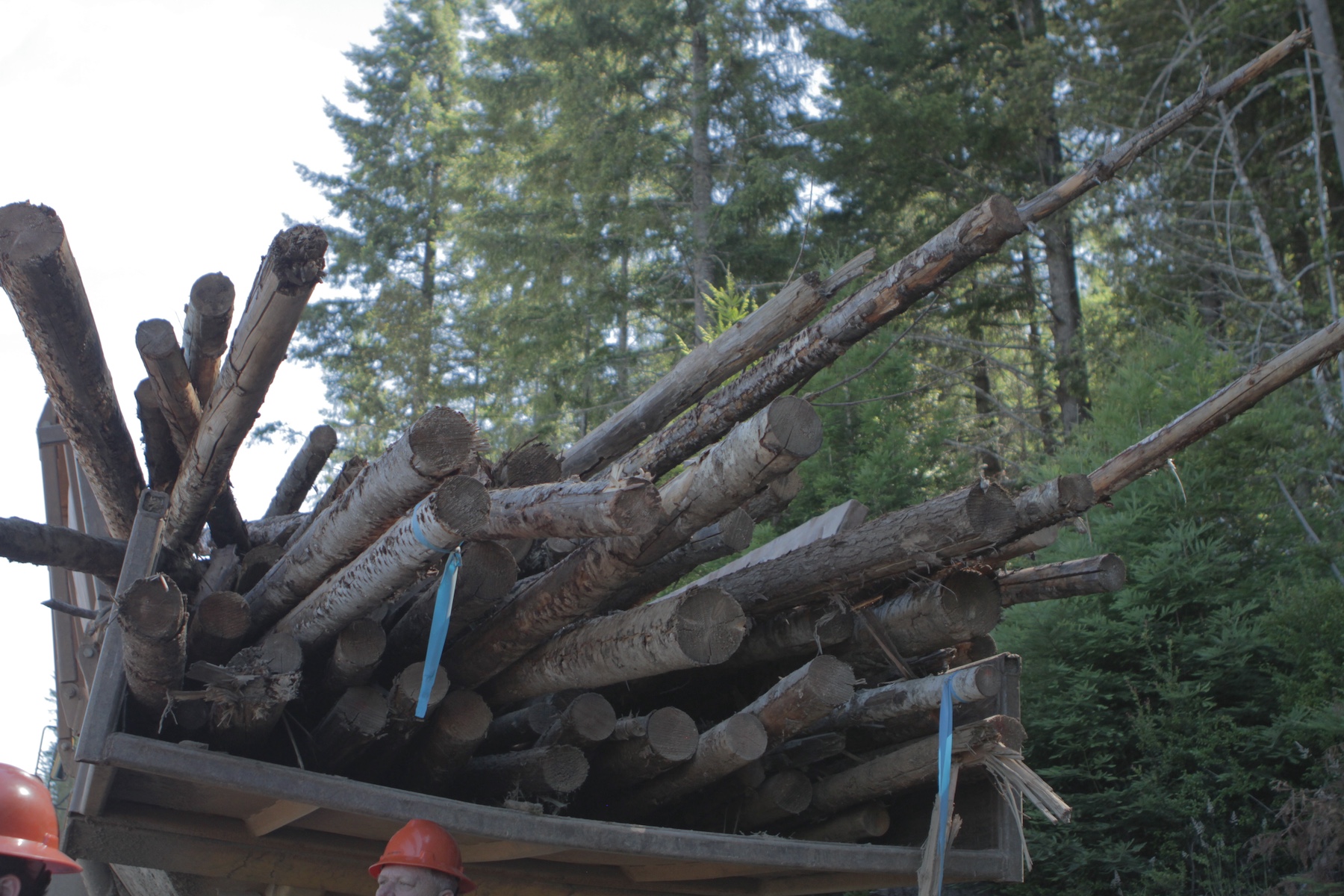
Federal Funds Reduce Wildfire Risk and Support Local Economies
Federal Funds Support Wildfire Impacted Communities:
November 15, 2024 – Governor Newsom announced that five communities hit hardest by the devastating wildfires in 2018 will receive $40.7 million in new federal aid to support community development and help communities reach full economic recovery. This funding will reach communities that are still recovering from the economic and mental health impacts of wildfires and demonstrates the importance of continued support for disaster-impacted communities, even years after initial disaster relief has concluded. The funding comes from the federal 2018 Community Development Block Grant—Disaster Recovery Workforce Development program and will go to communities in the counties of Butte, Lake, Los Angeles, Shasta, and Ventura.
USFS Awards Over $7 Million to Reduce Wildfire Risk and Support Local Economies in California:
November 13, 2024 – The U.S. Forest Service awarded $20 million to transport hazardous fuels from forests to facilities for processing into wood products or energy sources. These awards fund 66 projects in 13 states, including nearly $7.3 million for 12 projects in California. Awarded projects will increase the pace and scale of wildfire resilience treatments and provide economic benefits to local communities and businesses. Projects will support critical wood products industries and underserved communities by providing jobs in rural areas that may be impacted by mill closures.
California Passes Proposition 4 — Providing $1.5 Billion for Wildfire Resilience
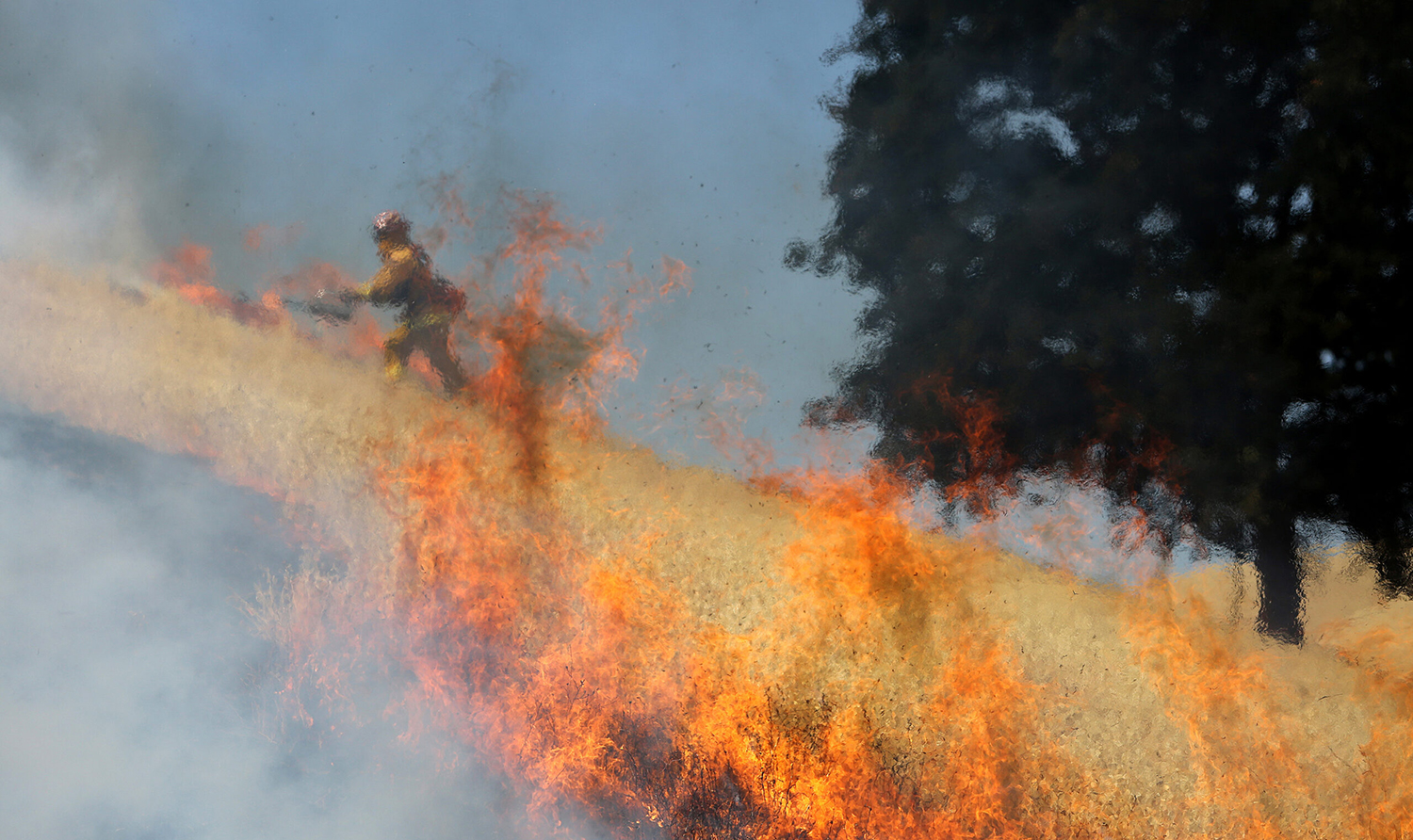
California Passes Proposition 4 — Providing $1.5 Billion for Wildfire Resilience
November 5, 2024 – Californians passed Proposition 4, the first-ever climate bond to go before California voters. The proposition provides $10 billion in bond funds for critical wildfire, flood protection, and other climate resilience projects around the state, including $1.5 billion for wildfire resilience. This funding will enable agencies to improve landscape health and resilience and protect communities from wildfire risks through programs such as the Regional Forest and Fire Capacity Program. The funding also includes $50 million for long-term capital infrastructure projects that utilize wildfire mitigation waste for non-combustible uses.
In addition to funding wildfire resilience, $1.2 billion will be used to protect natural lands and preserve biodiversity, with $870 million directed to the Wildlife Conservation Board to help the state to meet its goal to protect 30% of lands by 2030. The approval of Proposition 4 is a major advancement for California’s efforts to increase the pace and scale of wildfire and landscape resilience treatments, adapt to a changing climate, and reach goals set in the California’s Wildfire and Forest Resilience Action Plan.
California IBank Invests $25M in Wildfire Innovation Fund
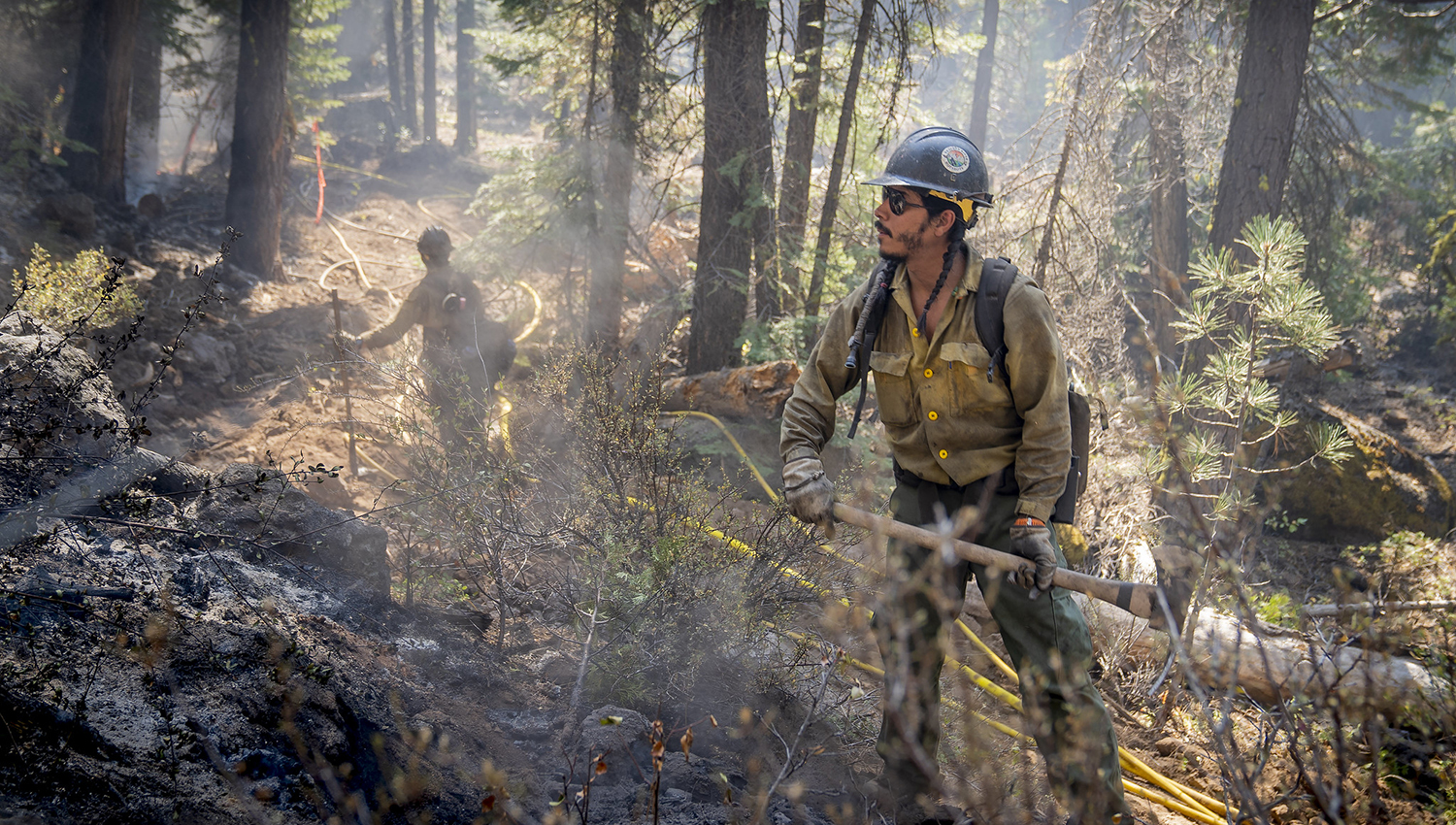
California IBank Invests $25M in Wildfire Innovation Fund
September 3, 2024 – California’s Infrastructure and Economic Development Bank (IBank) announced $25 million from the Climate Catalyst Revolving Loan Fund will be invested in the California Wildfire Innovation Fund to reduce wildfire risk. Funds will be used to restore California forests, improve forest health, and put new biomass technologies to work.
The California Wildfire Innovation Fund is managed by Blue Forest, a conservation finance non-profit that supports entrepreneurs and companies working toward forest restoration and economic revitalization.
The fund offers flexible, low-cost financial support for emerging opportunities across California’s forest restoration and wood utilization sectors.
U.S. Forest Service Announces Funding to Reduce Wildfire Risk
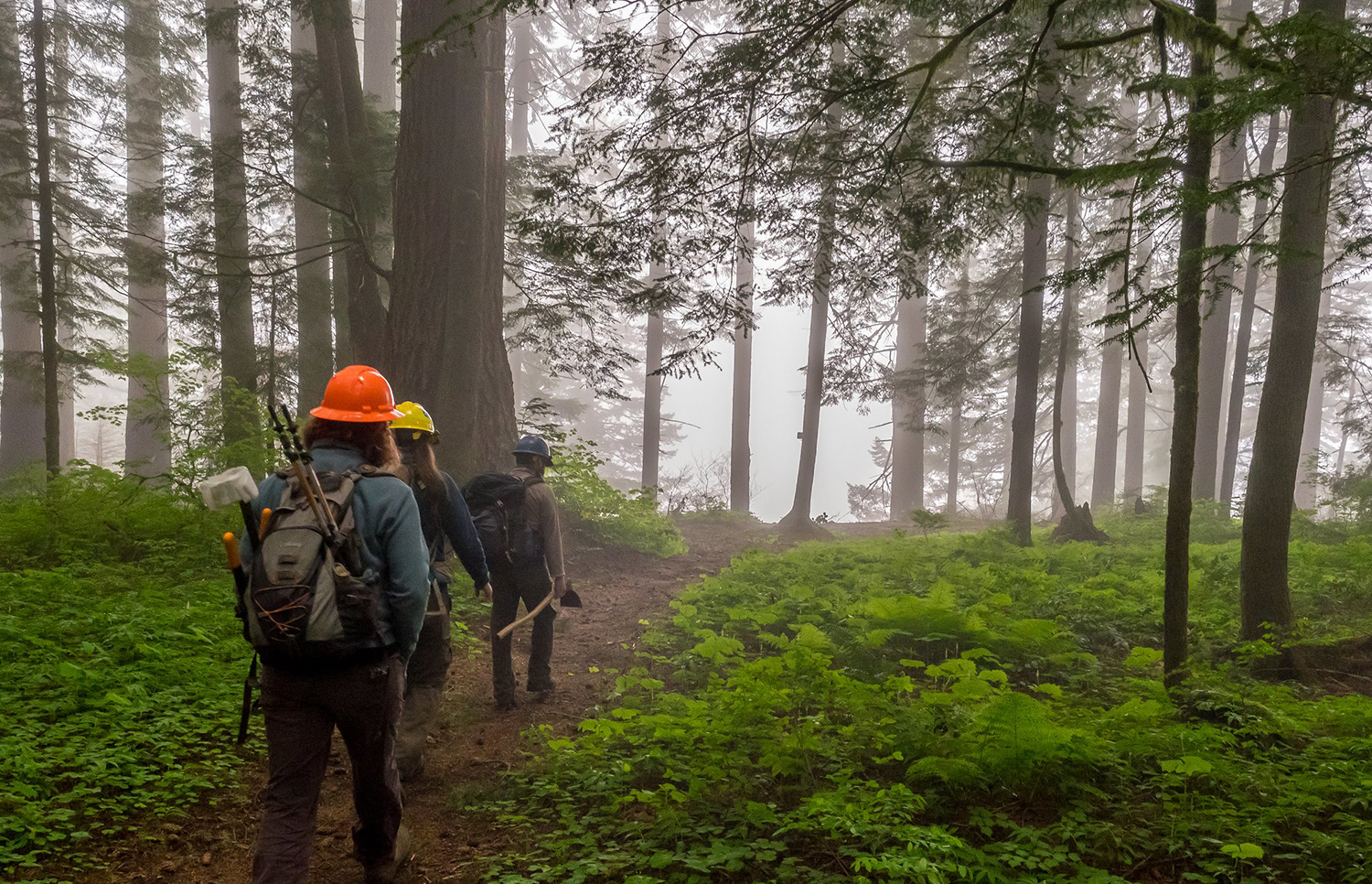
U.S. Forest Service Announces Funding to Local Businesses and Underserved Populations to Reduce Wildfire Risk
$25M Funding Opportunity to Reduce Wildfire Risk
August 6, 2024 – The U.S. Forest Service announced a funding opportunity through the Hazardous Fuels Transportation Assistance program to reduce wildfire risk, increase market opportunities, and support local jobs.
The program is available to local businesses that remove hazardous fuels from national forests and transport the material to be processed for wood products or services. Transporting the materials out of the national forest prevents them from being burned in the forests or left in place where they are subject to insects and diseases that increase the risk for wildfire.
The funding focuses on the removal of hazardous fuels with little commercial value, creating economic opportunities while improving overall forest health and resilience.
$15M to Help Underserved and Small-Acreage Landowners Access Climate Markets
August 28, 2024 – The U.S. Forest Service announced it is investing $15 million to connect underserved and small-acreage forest landowners with emerging climate markets. These investments will expand access to markets that were previously out-of-reach for underserved and small-acreage landowners to access new economic opportunities to maintain healthy working forests as pressures increase to convert forests to other uses. In California, nearly $2 million will go to the Shelterwood Collective, a 900-acre Indigenous, Black, Disabled, and Queer-led community forest and collective of land protectors and cultural changemakers.
